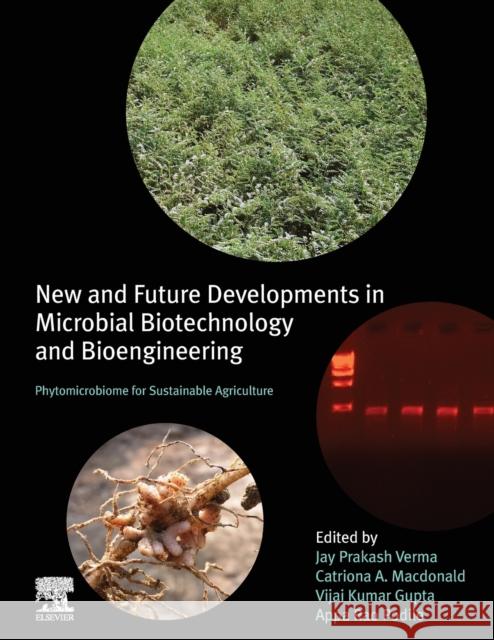New and Future Developments in Microbial Biotechnology and Bioengineering: Phytomicrobiome for Sustainable Agriculture » książka
topmenu
New and Future Developments in Microbial Biotechnology and Bioengineering: Phytomicrobiome for Sustainable Agriculture
ISBN-13: 9780444643254 / Angielski / Miękka / 2020 / 462 str.
New and Future Developments in Microbial Biotechnology and Bioengineering: Phytomicrobiome for Sustainable Agriculture
ISBN-13: 9780444643254 / Angielski / Miękka / 2020 / 462 str.
cena 832,62
(netto: 792,97 VAT: 5%)
Najniższa cena z 30 dni: 822,44
(netto: 792,97 VAT: 5%)
Najniższa cena z 30 dni: 822,44
Termin realizacji zamówienia:
ok. 30 dni roboczych.
ok. 30 dni roboczych.
Darmowa dostawa!
Kategorie:
Kategorie BISAC:
Wydawca:
Elsevier
Język:
Angielski
ISBN-13:
9780444643254
Rok wydania:
2020
Ilość stron:
462
Waga:
6.65 kg
Wymiary:
27.64 x 21.59 x 1.27
Oprawa:
Miękka
Wolumenów:
01











